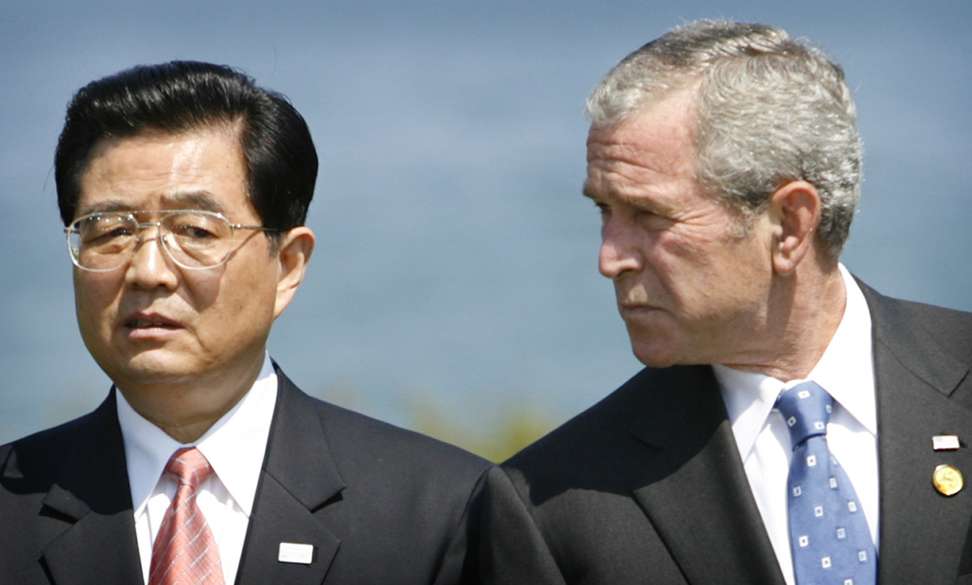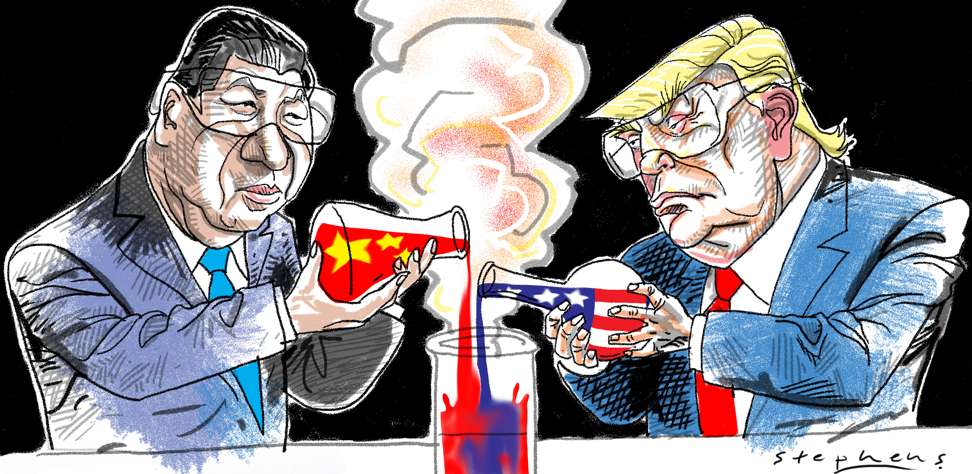
Can steely Xi Jinping and volatile Donald Trump find the right personal chemistry in Florida?
David Shambaugh says any rapport between the two leaders at their first face-to-face meeting next week will be vital to the Sino-US relationship in the years to come. Whatever’s on the agenda in Florida, generalities will not be enough
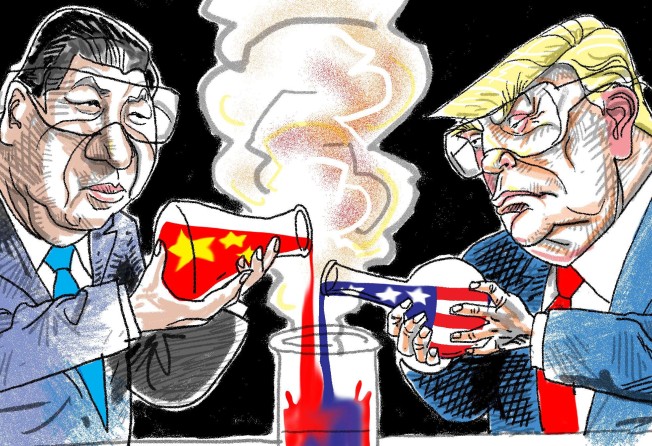

While each leader will take the other’s measure in their first encounter, it is important that they establish such direct lines of communication. The signals the two presidents convey – from their body language to substantive policy discussions – will set the tone of the broader bilateral relationship in the months and years to come. If it goes well, the summit could contribute some much-needed stabilisation to the volatile and stressed relationship. A productive framework and process can be established to manage the complex agenda between the two countries.
To be sure, we should not expect too much from one meeting, but it does offer the opportunity for a fresh start in this new chapter of the Sino-American relationship. If the two leaders can establish a respectful and positive tenor between them, it will help their respective bureaucracies and officials cope with the weighty set of issues they confront.
Conversely, if their personal chemistry is poor and the talks are contentious, this could lock in a negative dynamic that will be difficult to undo. In this regard, Trump’s volatile personality and propensity to overreact will be a wild card at the summit – while Xi’s steely calm and measured persona will be an asset if Trump proves caustic or confrontational. But if Xi is wooden and mechanically follows scripted talking points – as Chinese leaders are prone to do – it could irritate Trump, who is impatient and prefers impromptu dialogue.
Thus, summit meetings are not just about issues on the agenda – they are very much affected by the leaders’ personalities and how they react to each other. This is particularly the case with initial encounters. Ronald Reagan engaged well with the effusive Zhao Ziyang ( 趙紫陽 ) while Bill Clinton’s interactions with Jiang Zemin ( 江澤民 ) were frosty; both George W. Bush and Barack Obama found it difficult to penetrate Hu Jintao’s (胡錦濤) reserved bureaucratic nature, while Obama and Xi established a businesslike – but not personally warm – relationship.
The Chinese like this about Trump – a transactional businessman who can cut deals
Trump will do well to establish a similar businesslike rapport with Xi. The Chinese like this about Trump – a transactional businessman who can cut deals.
When it comes to the substance of their discussions, there exist both opportunities and dangers. The principal opportunity is to create a framework for effective management of the litany of serious differences that divide the two sides. There does exist a real opportunity for a “reset” or breakthrough.
By the end of the Obama administration, the relationship had become quite stressed in a number of areas. Despite the 2015 cyber and climate change accords, little was going right in the broad relationship, which had become cluttered with complex issues and declining mutual trust.
Trump, however, has exhibited no knowledge of – or interest in – this long list of complex issues. He is unschooled and uninterested in the history or catechism of the relationship, as was evidenced by his provocative words and actions concerning Taiwan during the presidential transition period. (He subsequently reversed himself and articulated support for “one China”). Many issues on the US-China agenda are seemingly irrelevant to Trump – such as China’s human rights record and crackdown on civil society; climate change and other global governance challenges; the regional security balance in Asia; Hong Kong’s declining autonomy; the obstacles faced by American multinational companies in China; even cybersecurity.
The only China-related issues he has commented on publicly are North Korea, the South China Sea, and commercial relations. It is unclear the degree to which he grasps the facts and complexities of the first two, and his real focus – obsession – is on the commercial relationship and bringing jobs back to the US.
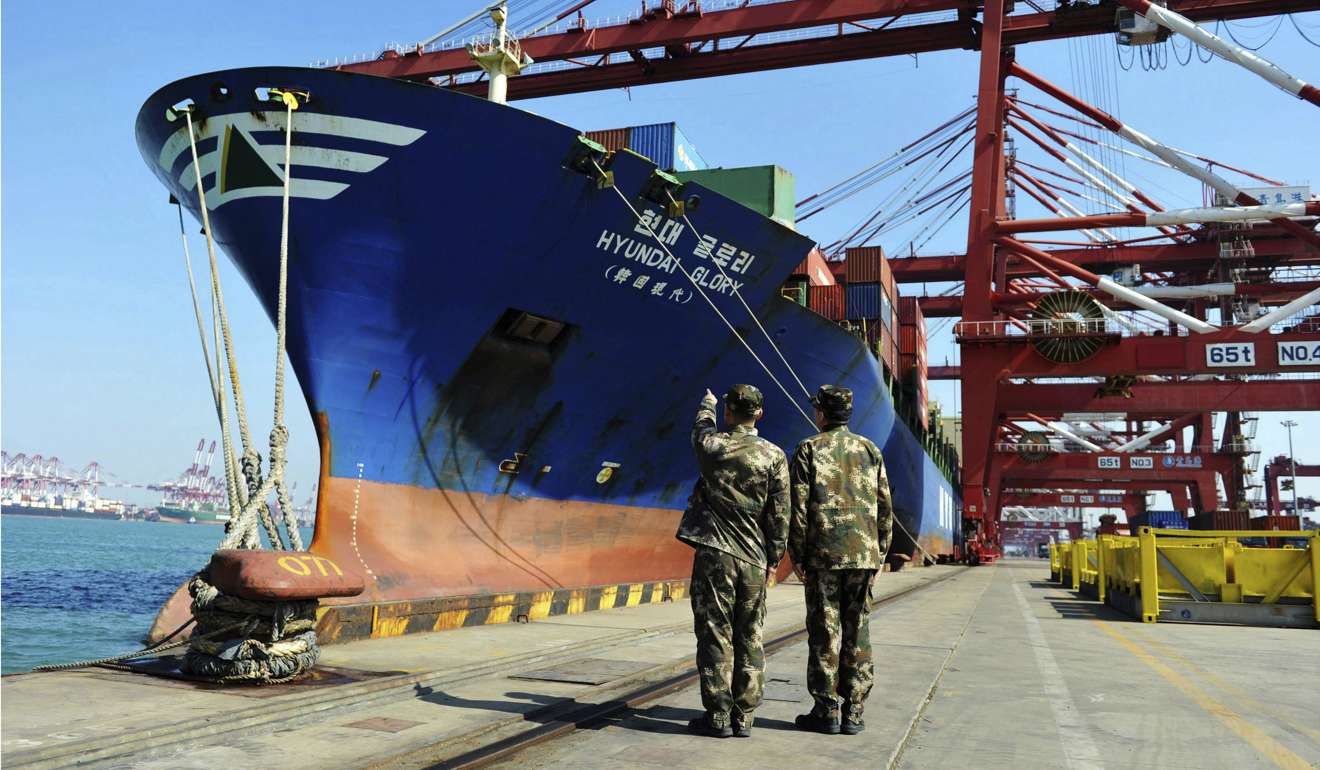
On US-China trade, Trump is seemingly not even in favour of US businesses operating in China, or the deteriorating operating environment they face there. Thus, it is not clear that pushing Xi to improve the commercial conditions inside China matter much to Trump. To the contrary, his own denigration of China on the campaign trail and stark warnings about slapping 45 per cent tariffs on Chinese goods, declaring China a currency manipulator, and the appointments to his administration of new National Trade Council chief Peter Navarro and US Trade Representative Robert Lighthizer, all suggest Trump views US-China trade in an archaic zero-sum fashion.
This all suggests the greatest potential danger of the Xi-Trump summit: the temptation to reach a “grand bargain” that oversimplifies the complex agenda between the two governments and instead reduces it to a quid pro quo – such as Chinese promises of huge investment into the US to build infrastructure and factories (things China wants to do) in exchange for Chinese promises to put more pressure on North Korea (but not significantly more). China might also try to wring concessions out of Trump on Taiwan arms sales or the South China Sea – all in return for investing in America. In his eagerness to get Chinese investment into the American homeland, Trump might also seek to override the legitimate restrictions instituted by the Committee on Foreign Investment in the United States against such investments in some sectors because of national security concerns. This would be music to China’s ears, as several Chinese companies have been blocked for access to several sensitive sectors such as telecoms, information technology, robotics, aerospace, energy and port management.
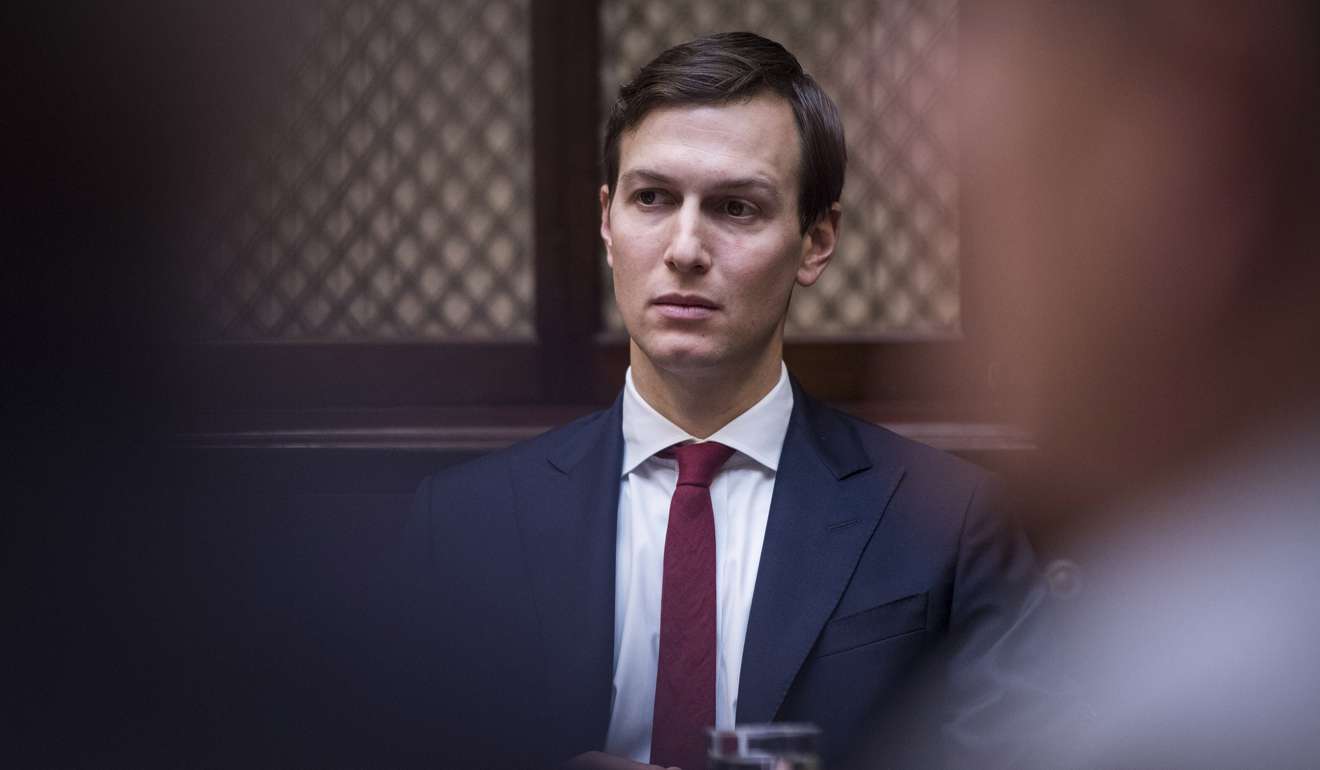
Thus, while there are opportunities to be grasped at the Florida summit, there are also significant potential downside risks for the US if Trump tries to “do a deal” with Xi. For the Chinese side, the summit is far less risk-prone. Simply getting face time and a one-on-one summit with the new American president is already a major accomplishment, given Beijing’s very real concerns when he came into office just eight weeks ago. Since then, China’s top two America hands, State Councillor Yang Jiechi (楊潔篪) and the Chinese ambassador in Washington Cui Tiankai (崔天凱), have brilliantly worked to establish high-level lines of communication into the new administration by assiduously cultivating Trump’s son-in-law Jared Kushner. The Mar-a-Lago summit is the culmination of a series of carefully calibrated steps that Yang and Cui seemingly worked out with Kushner.
Both sides looked into the abyss and opted to pragmatically pull back
Some of these steps had to do with language sacred to the Chinese side – the most important of which was Trump’s affirmation of the “one China” policy in his phone conversation in February with Xi. Secretary of State Rex Tillerson did his bit during the recent visit to Beijing, where he inexplicably (and inexcusably) endorsed stock Chinese verbiage that the US-China relationship should be built on “non-confrontation, no conflict, mutual respect, and always searching for win-win solutions”. If Trump and his team are not careful, the Chinese side will trap the American side into more such phraseology at the Florida summit – just as they did Obama at the Sunnylands summit in 2013.
Two months ago when Trump entered office, the US-China relationship seemed, to many experts, a train wreck waiting to happen. Trump had given every indication of a far more confrontational posture towards Beijing, as did Tillerson in his Senate confirmation hearings. What we have witnessed over recent weeks, however, has been nothing short of a major turnaround – with the Trump team now willing to engage with, instead of bash, Beijing. This is indeed good news, given the high stakes and equities the world’s two leading powers have vested in the relationship. It seems that both sides looked into the abyss and opted to pragmatically pull back.
Both governments have common cause in giving the appearance of a successful summit next week – and that would be profoundly reassuring to the nervous Asia-Pacific region, international markets, and the rest of the world.
David Shambaugh is a distinguished visiting professor at the S. Rajaratnam School of International Studies at the Nanyang Technological University in Singapore, on leave from George Washington University in Washington, DC

